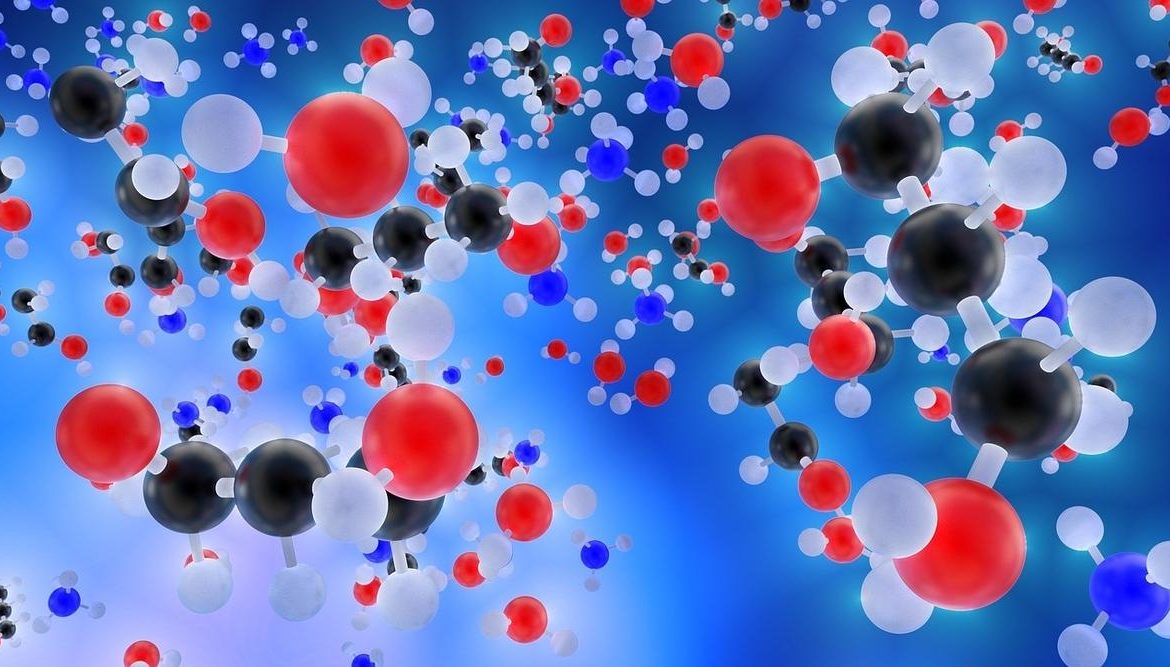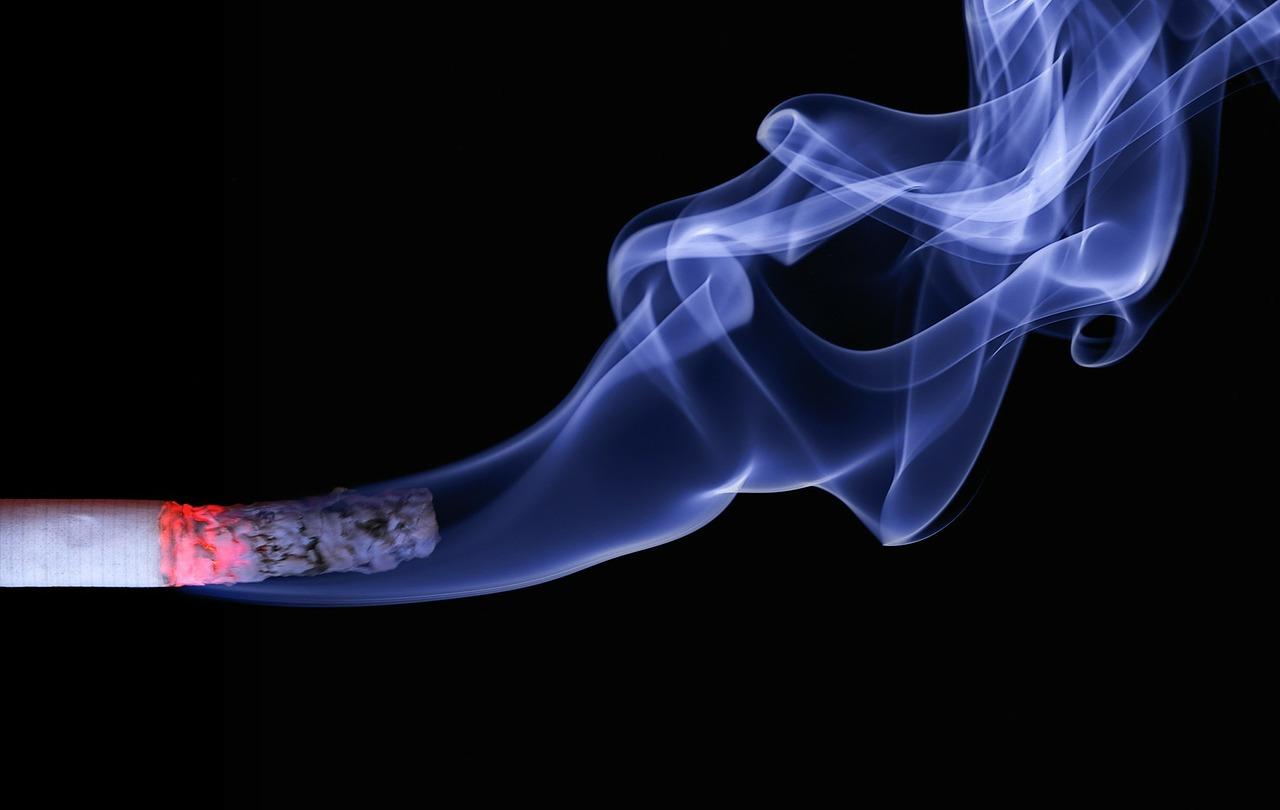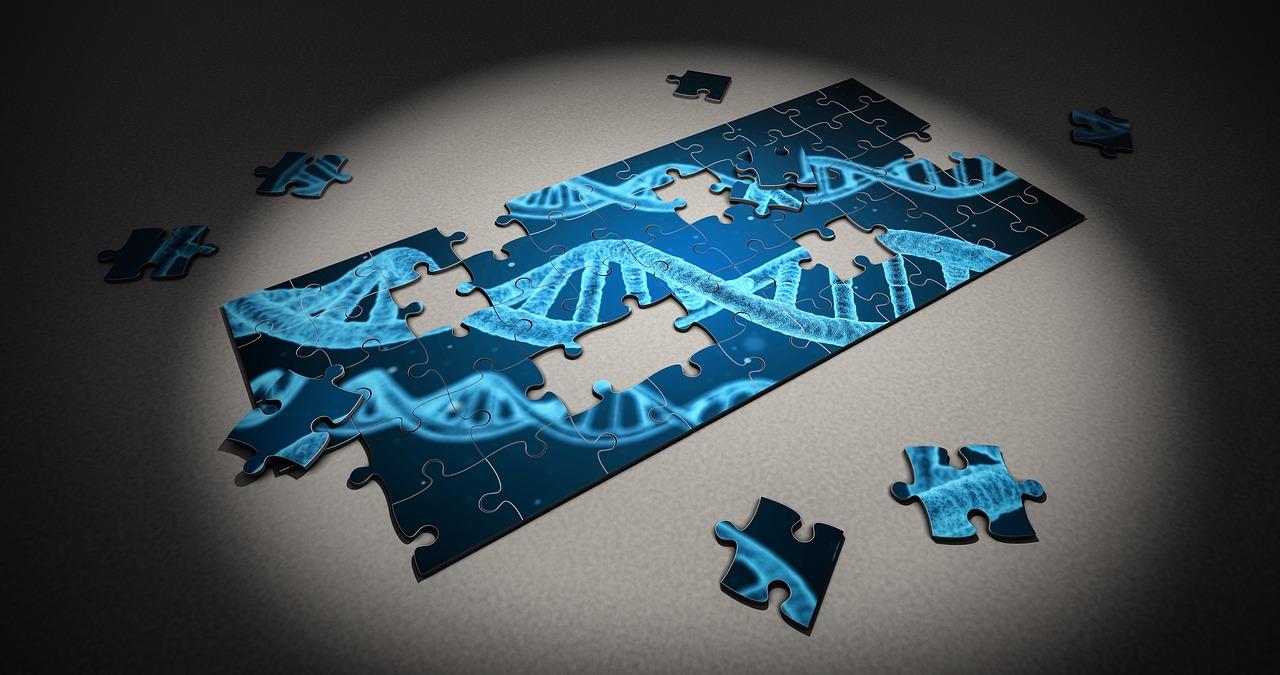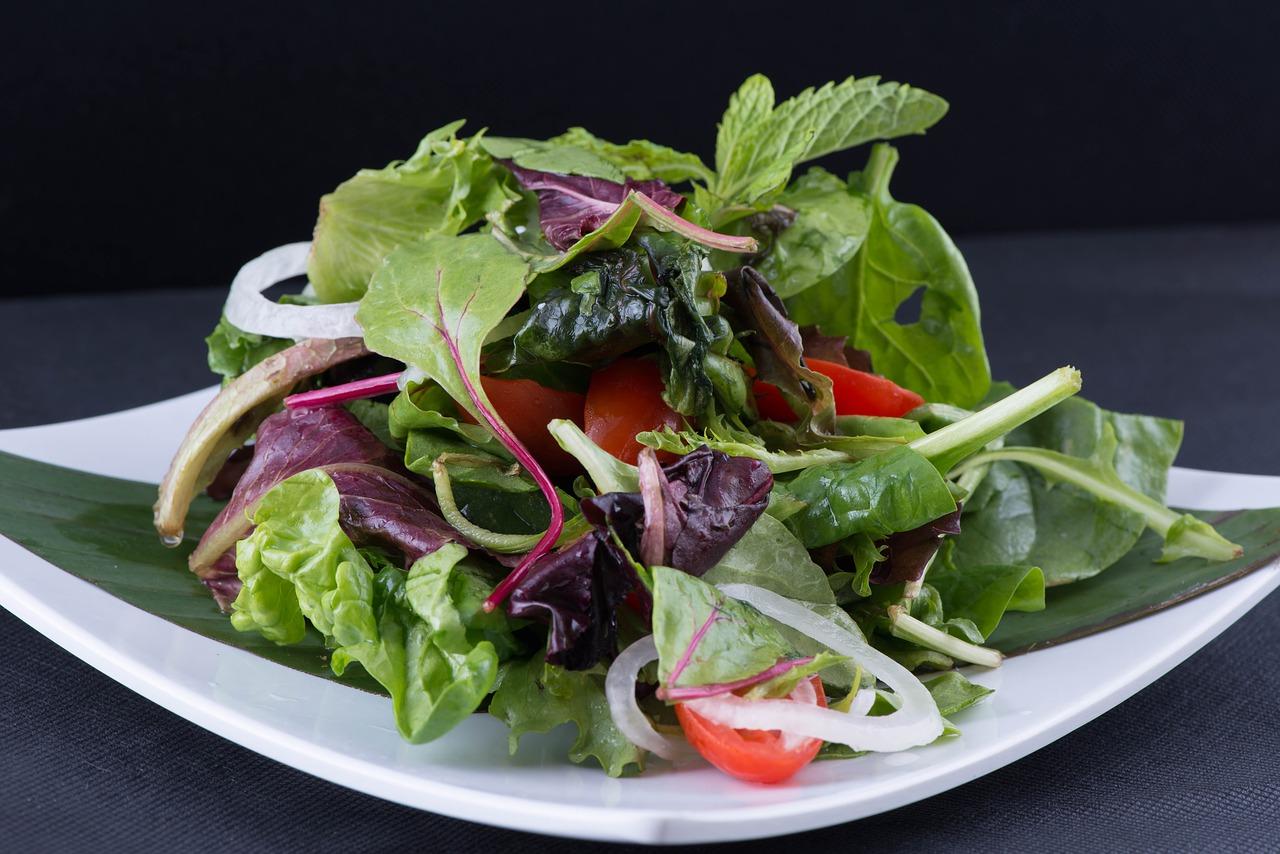
Free radicals ... we hear about them more and more often, we get sick through them and they are responsible for the fact that we age faster. We try to make sure that our diet and cosmetics contain products that effectively reduce their effect. In this way, we want to take care of the health of the body and keep youth. But does everybody know what is hidden under this name and what exactly are free radicals?
Today on my blog about them, I will try to tell you in simple words about what they are, where they come from and what threats they pose.
What are free radicals?
Our organism consists of cells, they are its smallest functional and structural part, their structure and size differ due to their function. It is from the combination of two cells that our existence begins, and all our tissues and organs are formed from them. Cells, in turn, consist of molecules that are formed from atoms, and these are composed of protons, neutrons and electrons. Protons and neutrons form the nucleus, while electrons orbit the individual shells. The problem arises when one or more unpaired electrons are on the last shell. Such atoms or their groups are free radicals.
One by one
Free radicals come mostly from oxygen atoms, are characterized by high instability and react very quickly, wanting to "steal" the missing electron from another molecule. In this way, another free radical is created, which "attacks" another molecule, as a result of which it becomes the next free radical looking in its environment for a new "victim" to get the missing electron. Unfortunately, such a process leads to damage to, among others, cell membranes, DNA, or adverse changes in our body's protein and carbohydrate molecules. Unfortunately, these changes become more and more extensive over time, and because the body attacked by free radicals is becoming less and less defensive, this process is significantly accelerating.
What contributes to the formation of free radicals?
Free radicals are formed in our body as a result of metabolic processes, they are harmful when they occur in excess. Alcohol, chronic stress, excessive physical activity that exceeds our body's abilities, poor diet, exhaust fumes, nicotine, excessive sun exposure, some diseases and some medications promote their reproduction.

They don't always hurt
As I said, free radicals are dangerous to us if they occur in excess. However, until our body is in balance, free radicals can even be useful. When we have control over them, they help us neutralize toxins and fight dangerous bacteria and viruses. However, we must constantly support our body and limit the factors that favor the excessive proliferation of free radicals. All this so that when they do their job, they are immediately neutralized. If this does not happen, it will soon be difficult for us to control them.
And if there are too many of them?
Then, unfortunately, the situation does not look very good. When free radicals get out of control and there are more and more of them in our body, the damage they cause leads to numerous dangerous diseases and premature aging of our body.
The imbalance between antioxidants and free radicals, resulting in their rapid multiplication in our body, is called oxidative stress. Excess free radicals contribute to, among others, atherosclerotic lesions, can lead to blood vessel damage, heart attack, stroke or pulmonary embolism. By disturbing our body's balance, it weakens the immune system, making us vulnerable to diseases. Free radicals are blamed for the occurrence of Parkinson's disease, Alzheimer's disease, asthma, diabetes, skin problems such as eczema or psoriasis, gastric and duodenal ulcers, diabetes and pancreatitis, as well as urinary tract diseases, osteoarthritis, hypertension, glaucoma, cataracts and macular degeneration. However, this is not the end of free radicals damaging the cell's DNA, changing the structure of the genetic code, leading to its mutation. Damaged cells have the ability to multiply very quickly and can lead to cancer. Free radicals are also responsible for accelerating the aging process of our body. They damage the natural protective barrier of our skin, making it dry and very delicate, disrupt the work of collagen and elastin-producing fibroblasts and damage collagen and elastin fibers, which is why our skin loses firmness and elasticity, and wrinkles appear on its surface faster. Free radicals also weaken our natural protection against UV radiation, exposing us to its adverse effects and so-called photoaging. Changes in the structure of our skin's cells make it more difficult to defend against infections, heals much more slowly, and after injuries, unfortunately, more often unsightly scars remain. Free radicals also increase the tendency to cellulite and stretch marks, and what is worse, they also contribute to developing a dangerous skin cancer such as melanoma.

Stop the vicious circle
Free radicals, even if they are present in the right amount and are used by our body to fight microorganisms and remove toxins, after the task should be neutralized. Here, antioxidants must play their role, which without harm to themselves can "give" to the free radicals the missing electron, effectively neutralizing them in this way. Our body is naturally supplied with antioxidants that help it keep free radicals in check and maintain balance. However, when for some reason, e.g. through harmful external factors, this balance is disturbed, the number of free radicals increases dangerously and, multiplying very quickly, leads to serious damage. That is why it is so important to take care of the right diet and provide our body with the necessary antioxidants to fight them. It is they who "giving away" one of their electrons are able to break the vicious circle and stop the multiplication of free radicals.

Beloved, in order to neutralize free radicals, we must take care of our diet, it is very important that it contains a lot of vegetables, fruits, fish, lean meat, stones, nuts and whole grains. It is also extremely important to limit everything that can increase the amount of free radicals in our body. So give up alcohol, cigarettes, fatty foods, fast food and do not spend too much time in the sun. Remember, however, that not all factors that negatively affect our body can be reduced, and the amount of naturally occurring antioxidants naturally decreases with age, so constant supplementation should be our daily duty.
